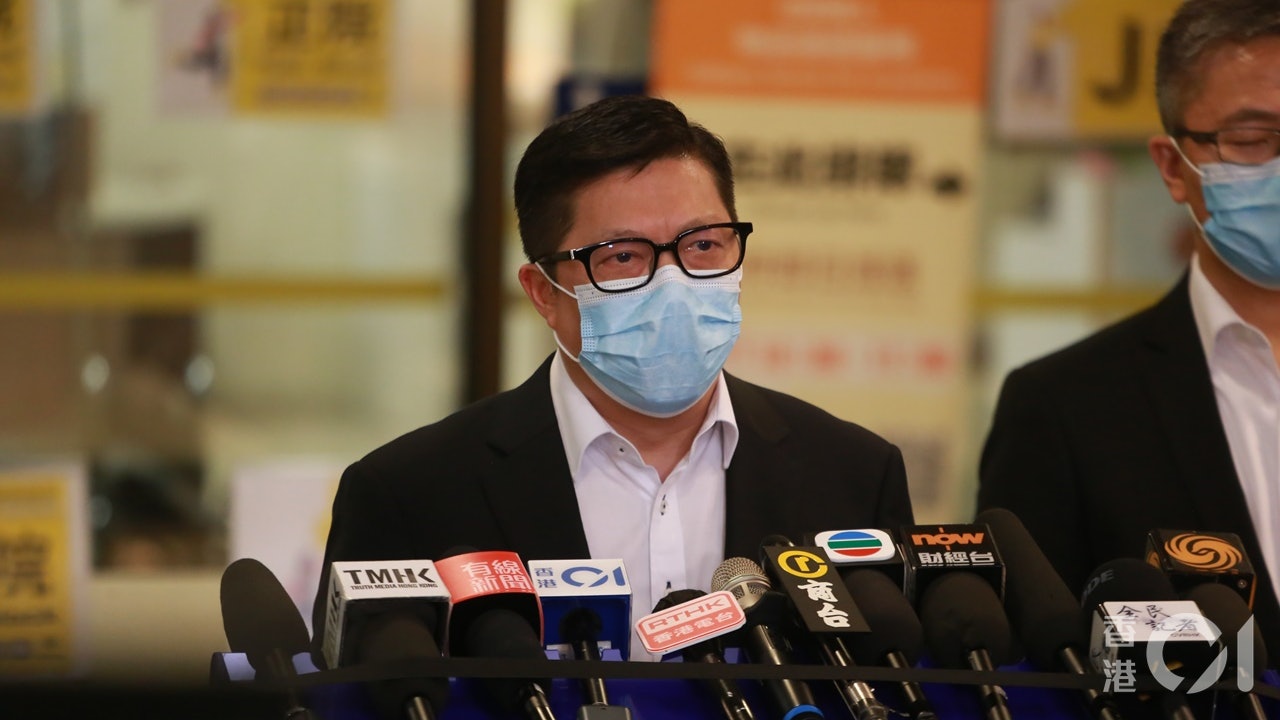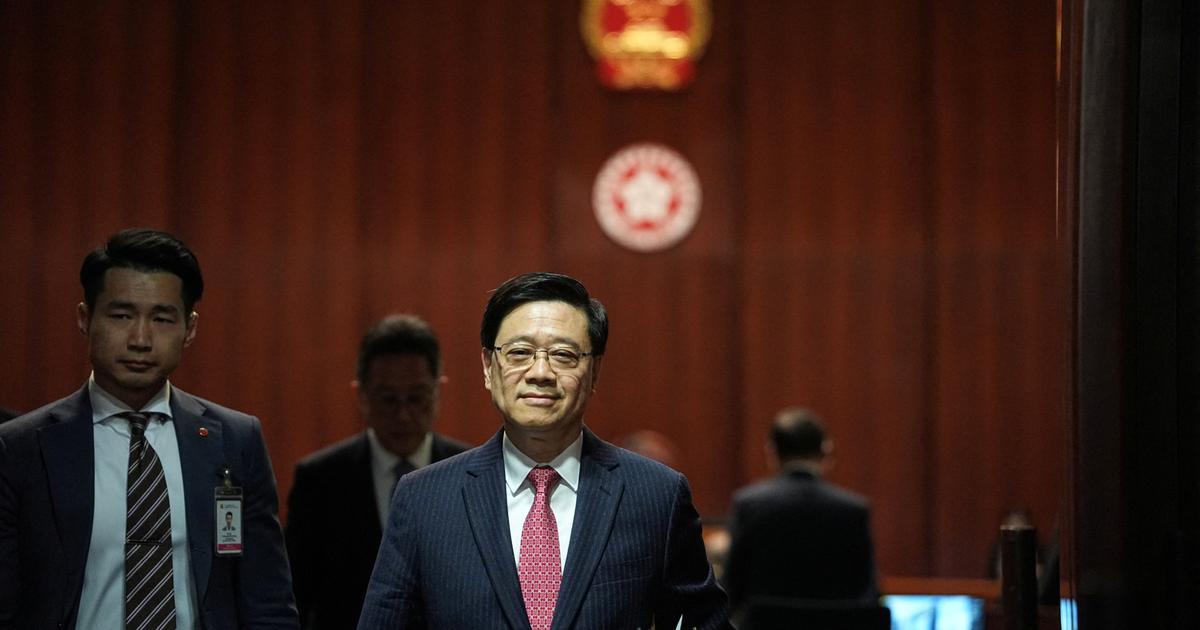Political situation
Written by: Zhou Lixi
2021-07-05 18:25
Last update date: 2021-07-05 18:25
On July 1st, someone committed suicide after attacking a police officer with a knife in Causeway Bay. The Secretary for Security, Tang Pingqiang, described it as a "lone wolf-like terrorist attack."
When he attended the National Security Law Forum today (5th), he said that someone tried to beautify and heroic the behavior afterwards. The authorities will strengthen intelligence analysis and rebuild the awareness of law-abiding in publicity and education.
He pointed out that Hong Kong society as a whole still has a weak awareness of law-abiding, especially young people. Although the National Security Law curbs "dark violence" and Hong Kong independence, Hong Kong independence elements still advocate infiltration through "soft confrontation" methods such as media, culture, art, and publications. The idea of Hong Kong independence, for example, there are still organizations in the streets, and the cabinet of the university student union has expressed opposition to the regime.
Refers to young people's law-abiding consciousness is still weak
Deng Bingqiang said that since June 2019, "dark tyranny" has been severely intervened by external forces, and Hong Kong is facing unprecedented national security threats.
He said that there are foreign forces that support their Hong Kong agents in different ways for their own interests, and there are overseas organizations that prepare supplies for the thugs, saying that they are highly organized and well-funded.
Tang Pingqiang pointed out that the awareness of Hong Kong independence began to emerge around 2010, followed by anti-Chinese religion incidents in 2012, Occupy Central in 2014, Mong Kok riots in 2016, and anti-revision laws in 2019.
Deng Bingqiang believes that during the anti-revision incident, there were unprecedented elements such as foreign power, Hong Kong independence and violence. The effect of the implementation of the National Security Law was immediately visible, but the law-abiding consciousness of young people became weak, and there were no Hong Kong independence elements. Give up completely.
He pointed out that 110 people were arrested after the National Security Law was enacted, including those who participated in the "35+" group. He didn't mention the arrest of Li Zhiying by name, referring to people who had colluded with foreign forces using news as a package.
+22
+22
+22
Zheng Ruohua: Press freedom is restricted under national security
Secretary Zheng Ruohua pointed out that the enactment of the National Security Law reflects the central government's trust in the Hong Kong Special Administrative Region.
She quoted from the Court of Final Appeal at the beginning of the year, saying that the judge in the Li Zhiying case explained that national security is the central authority, but most of the national security law crimes under the national security law are exercised by Hong Kong.
She also mentioned that human rights such as press freedom and freedom of speech are also stipulated in the "Hong Kong Bill of Rights" that must be subject to necessary restrictions for reasons such as safeguarding national security. Even journalists must not violate the law and must follow the principle of responsible journalism. , Can be protected.
She also pointed out that Hong Kong's national security law has extraterritorial effects and conforms to the principle of protective jurisdiction under international law. Chapter III of the national security law lists four major crimes, including "colluding foreign countries or foreign forces to endanger national security."
She explained that under sovereign equality, non-interference in the internal affairs of other countries is the basic principle, and the enactment of the National Security Law does not hinder normal academic exchanges, and people in the territory should not cooperate with foreign sanctions against their own countries.
Hong Kong and Macau Affairs Office: Welcome to see that the judiciary recognizes that the National Security Law is based on the principle of non-bail.
One year of the National Security Law | Lam Cheng criticizes foreign powers for slandering is untenable, citizens’ freedom is not compromised
Zheng Yanxiong: The legislative turmoil is to subvert the regime and cannot be soft.
01News
Deng Bingqiang Zheng Ruohua Hong Kong Version National Security Law Security Bureau







